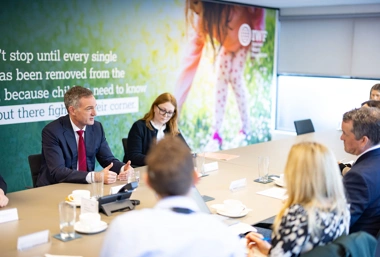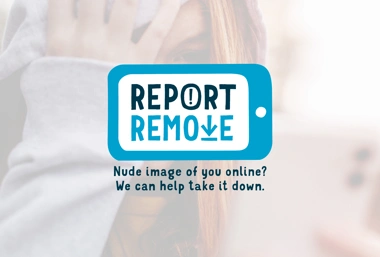
Charity raises alarm over surge in level of child sexual abuse imagery hosted in EU
Call for Member States to come together and push forward with ‘desperately needed’ child protection laws as thousands of webpages containing children’s sexual abuse traced back to EU servers.










